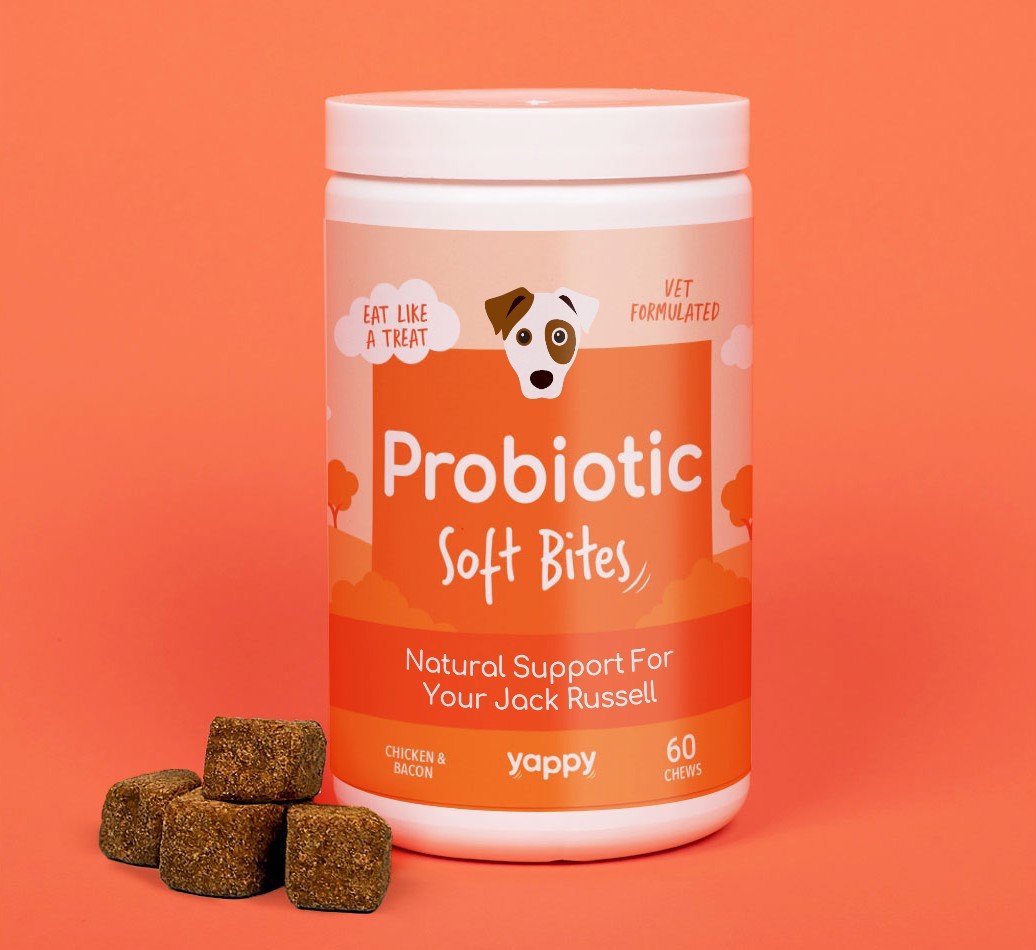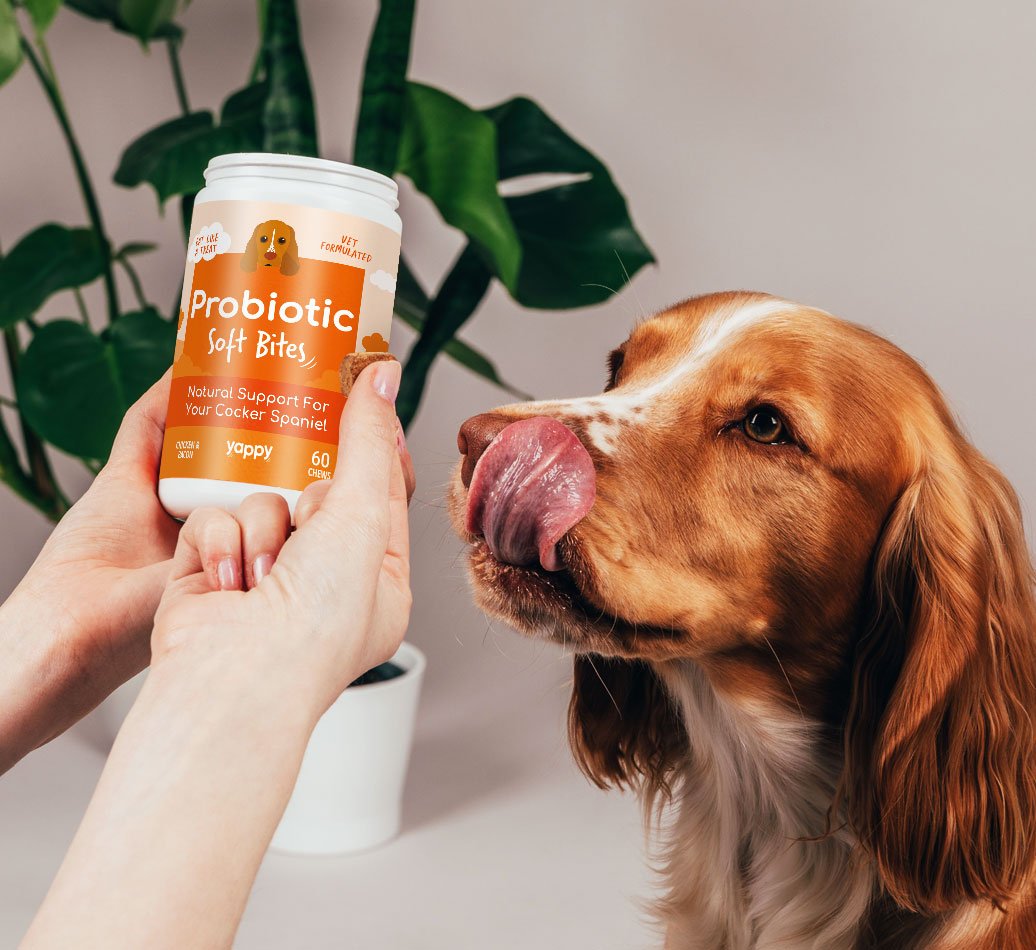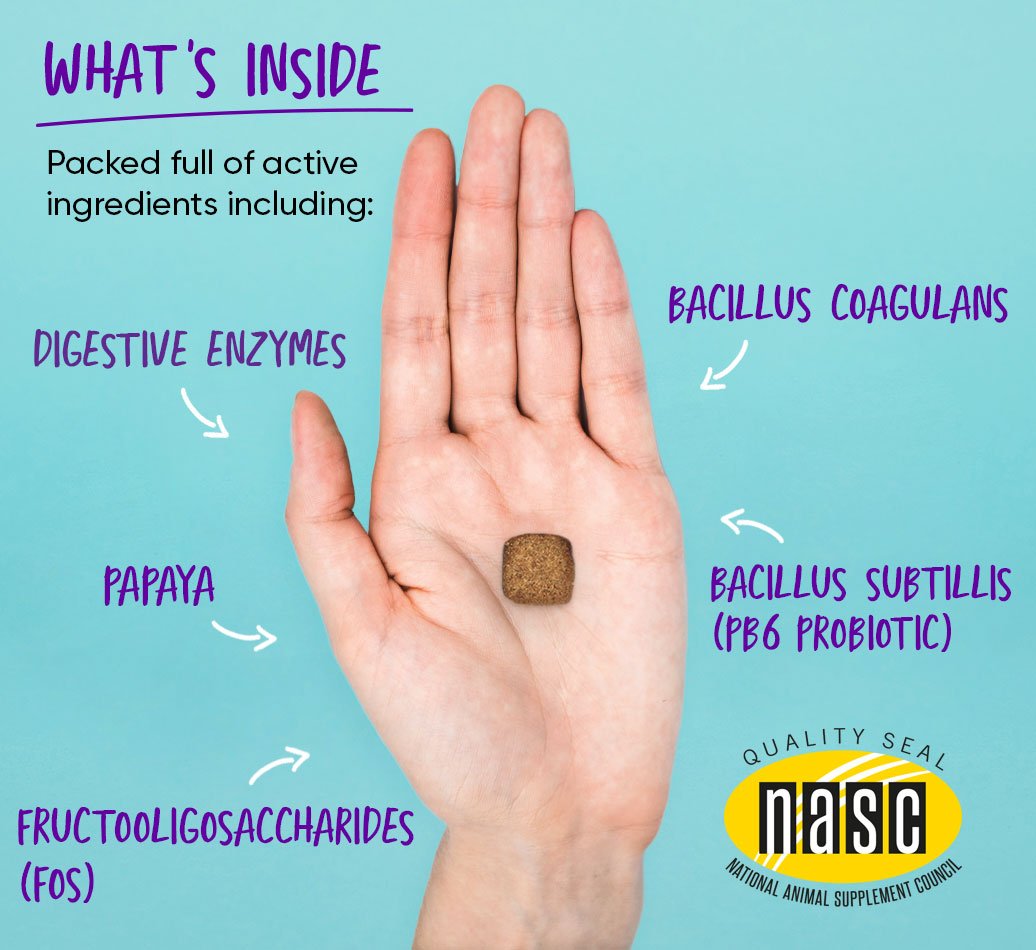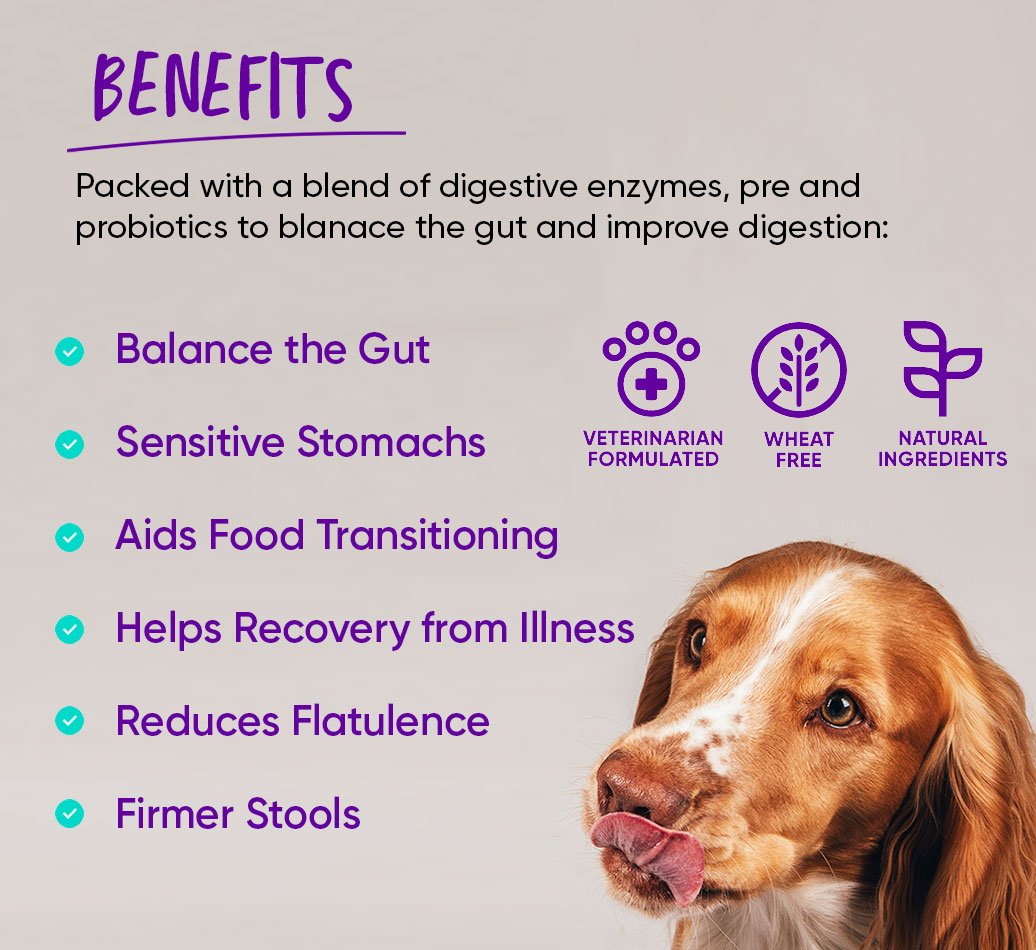How Often Should You Flea and Worm a Dog?
When it comes to the well-being of your dog, it’s important to regularly use preventative treatments against fleas and worms to keep them happy, healthy, and avoid long-term health issues. But how often should you flea and worm a dog?
Keep reading to learn more about fleas and worms and the best way to protect your dog from them.
Fleas
Fleas are small, dark brown insects that are common in the UK and one of the main causes of skin problems in dogs. While they’re most prevalent in the spring and summer, they can survive during the colder months and pester your pup all year round.
Dogs usually pick up fleas through contact with flea-infested dogs and other animals. They can also catch fleas from walking through grass in your garden or at the park, especially if other flea-infested animals have walked through the area. Using their powerful legs, these critters can jump from another animal onto your dog with ease.
Although fleas are small, they can cause intense itching and make your dog extremely uncomfortable. Plus, if your pooch is allergic to flea bites, they may have a severe reaction and further health complications. If a flea is carrying a tapeworm parasite, this can also be transmitted to your dog if the flea is ingested.
We humans aren’t safe from fleas either! All it takes is one flea to enter the home and before you know it, you may be itching too or have a full-blown flea infestation on your hands.
For more information on these pesky parasites, check out on blog post on how dogs get fleas.
Common symptoms of fleas in dogs:
Excessive itching or biting of the skin
Visible eggs on the fur
Hair loss from scratching
Flea treatments
Thankfully, there are several flea treatments on the market which help provide your dog with year-round protection, from drops, tablets, sprays, and collars.
Some treatments work by attacking adult fleas, while others stop flea eggs from developing into adults, and some products do both! It’s best to ask your vet for advice on the best and most effective product for your pooch.
Worms
Worms are a type of parasite that live within your dog’s intestines, and they can cause serious harm and long-term infections. The most common types of worms known to target dogs include lungworms, roundworms, hookworms, and tapeworms.
The thought of worms inside your dog is enough to make you squirm, and it’s not just our dogs that are at risk – some worms can infect children and adults too.
These parasites are usually transmitted through the faecal-oral method, which means that your pup might come across tiny worm eggs in faecal matter.
Lungworms, tapeworms, and hookworms can be transmitted if your dog eats something containing the parasite, but puppies can also catch them from their mother during birth.
Common symptoms of worms in dogs:
Diarrhoea or vomiting
Stool containing blood
Weight loss
Unusual tiredness/lethargy
Excessive coughing
Loss of shine in your dog’s coat
Worm treatments
Unfortunately, every dog is at risk for worms, regardless of how much time they spend outside, and the symptoms aren’t always easy to spot. As worms are a year-round threat, the best way to protect your pooch is through proactive treatments.
Speak to your vet about the best product for your pup (such as injections or tablets) and they’ll offer advice based on your dog’s lifestyle and the worms typically found within your area.
How often should you flea and worm a dog?
When you bring your dog to the vet for the first time, they will provide you with lots of helpful information about how to keep your best pal healthy, annual vaccinations, as well as flea and worm treatments.
Generally, it’s advised that your dog is treated for fleas every month, and every few months for worms.
When it comes to looking after your dog’s health, prevention is always better (and more cost-effective!) than cure and regular flea and worm treatments will help your pooch live a more carefree life, free from parasites.
If you suspect your dog is suffering from either a flea or worm infestation, it’s important to contact your vet and they’ll offer you the best treatment plan for your pooch.
Dog supplements for your precious pup
To help keep your favourite furry companion happy, healthy, and fit for all your adventures, check out Yappy’s natural dog supplements. From calming soft bites to probiotics and multivitamin chews, our supplements for dogs have been expertly developed to take care of your beloved pooch and keep their tail a’ wagging!
Made from wheat-free natural ingredients, our super-tasty dog supplements will go down a treat with your best bud.
Available in soft bites for all-in-one health, hip and joint mobility, probiotic support and calming anxiety relief, we’ve designed our dog supplements to be eaten and enjoyed just like any other dog treat!
Yappy.com is a personalised pet product shop for dog and cat lovers, simply select a breed and icon and add your pet’s name to reveal a personalised shop just for you and your pet!









